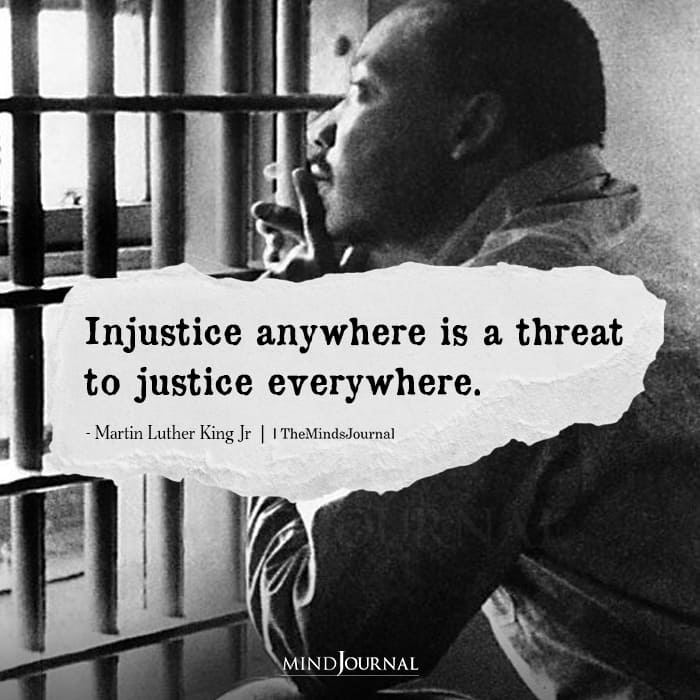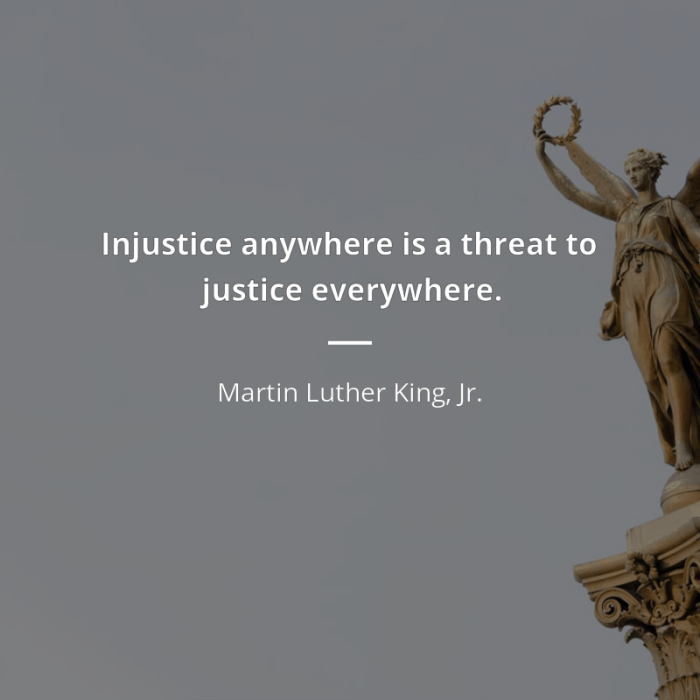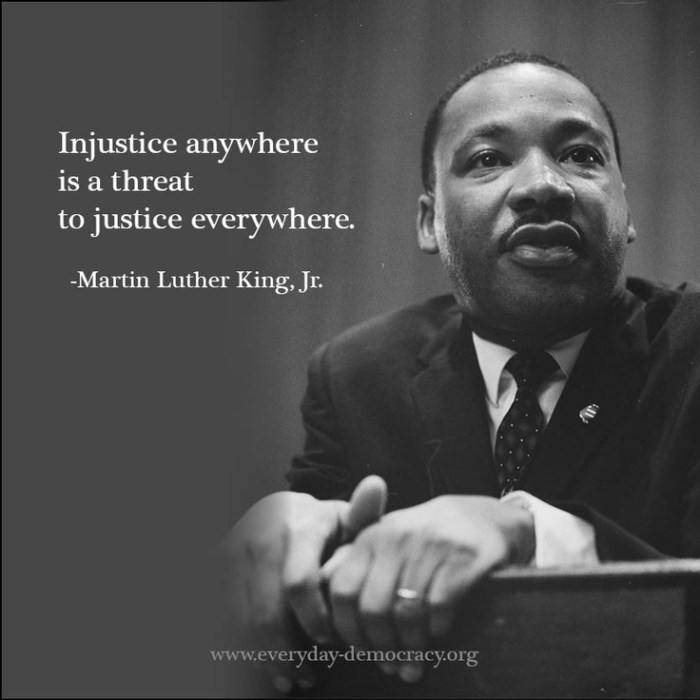Just Mercy quotes about injustice offer profound insights into the pervasive nature of societal inequities, the transformative power of mercy, and the fundamental importance of human dignity. These thought-provoking words resonate deeply with real-life examples of injustice, challenging our perceptions and inspiring us to act.
Through the lens of Just Mercy quotes, we explore the complexities of seeking justice and reconciliation, acknowledging past wrongs while promoting healing. The role of advocacy and resistance in challenging unjust systems is highlighted, emphasizing the power of individual and collective action in creating meaningful change.
Understanding Injustice through Just Mercy Quotes

Bryan Stevenson’s “Just Mercy” confronts the pervasive nature of injustice through its powerful quotes. These quotes highlight the systemic and individual injustices that plague society, providing a deep understanding of the challenges faced by marginalized communities.
One such quote states: “Each of us is more than the worst thing we’ve ever done.” This quote challenges the societal tendency to label and judge individuals solely based on their past mistakes. It reminds us of the inherent dignity of every human being, regardless of their actions.
Another quote from the book reads: “The true measure of our character is how we treat the most vulnerable in our society.” This quote emphasizes the importance of compassion and empathy in addressing injustice. It urges us to recognize the humanity of those who are often marginalized and to treat them with dignity and respect.
The Power of Mercy and Redemption

In “Just Mercy,” Stevenson explores the transformative power of mercy and redemption. He argues that compassion and empathy can break cycles of violence and oppression, offering a path towards healing and reconciliation.
One of the book’s most poignant quotes states: “Mercy is not about condoning evil. It is about finding a way to stop it.” This quote challenges the misconception that mercy is a form of leniency or forgiveness. Rather, it emphasizes the importance of interrupting cycles of violence and seeking alternative solutions to punishment.
Another quote from the book reads: “Redemption is possible for everyone. It is never too late to change.” This quote offers hope and inspiration to those who have made mistakes and are seeking a second chance. It reminds us that even the most hardened criminals have the potential for redemption and rehabilitation.
The Importance of Human Dignity
Throughout “Just Mercy,” Stevenson emphasizes the inherent dignity of every human being. He argues that societal biases and prejudices often dehumanize marginalized individuals, making it easier to justify their mistreatment.
One of the book’s most powerful quotes states: “The opposite of poverty is not wealth. The opposite of poverty is justice.” This quote challenges the common misconception that poverty is solely a financial issue. It highlights the systemic injustices that perpetuate poverty and deny individuals their basic human rights.
Another quote from the book reads: “The true measure of a society is how it treats its most vulnerable members.” This quote reminds us that the well-being of a society is dependent on the treatment of its most marginalized citizens.
It urges us to create a society where everyone is valued and treated with dignity.
The Role of Advocacy and Resistance
“Just Mercy” highlights the importance of speaking out against injustice and engaging in advocacy and resistance. Stevenson argues that silence and inaction perpetuate injustice, while collective action can lead to meaningful change.
One of the book’s most inspiring quotes states: “The arc of the moral universe is long, but it bends towards justice.” This quote offers hope and encouragement to those who are fighting for justice, reminding them that progress, though slow, is possible.
Another quote from the book reads: “We are not merely the sum of our scars. We are the sum of all our experiences, both good and bad.” This quote reminds us that individuals who have experienced injustice are not defined by their pain.
It encourages us to recognize the resilience and strength of those who have overcome adversity.
The Impact of Incarceration and Mass Incarceration: Just Mercy Quotes About Injustice
“Just Mercy” explores the devastating effects of incarceration and mass incarceration on individuals, families, and communities. Stevenson argues that the criminal justice system often perpetuates injustice, disproportionately impacting marginalized communities.
One of the book’s most sobering quotes states: “The United States incarcerates more people than any other country in the world. This is a stain on our national conscience.” This quote highlights the alarming rate of incarceration in the United States and its negative impact on society.
Another quote from the book reads: “Mass incarceration is a form of social control that disproportionately affects the poor and people of color.” This quote challenges the notion that mass incarceration is a necessary solution to crime. It emphasizes the systemic racism and inequality that contribute to the over-incarceration of marginalized communities.
The Search for Justice and Reconciliation

“Just Mercy” concludes by exploring the complexities of seeking justice and reconciliation. Stevenson argues that true justice requires acknowledging past wrongs, promoting healing, and addressing the root causes of injustice.
One of the book’s most thought-provoking quotes states: “Justice is not simply about punishing the guilty. It is also about healing the wounds of the past and preventing future injustices.” This quote emphasizes the importance of a holistic approach to justice, one that seeks both accountability and reconciliation.
Another quote from the book reads: “Reconciliation is not about forgetting the past. It is about remembering the past and using that memory to build a better future.” This quote reminds us that true reconciliation requires acknowledging and learning from past injustices, while working towards a more just and equitable society.
FAQ Overview
What is the significance of Just Mercy quotes about injustice?
Just Mercy quotes provide a powerful lens through which we can understand the pervasive nature of injustice, its impact on individuals and communities, and the urgent need for systemic change.
How do Just Mercy quotes inspire action against injustice?
These quotes challenge our complacency, ignite empathy, and motivate us to speak out against oppression, support advocacy efforts, and work towards a more just and equitable society.
What is the role of mercy and redemption in addressing injustice?
Mercy and redemption are essential elements in the fight against injustice. They foster compassion, break cycles of violence, and promote healing and reconciliation.